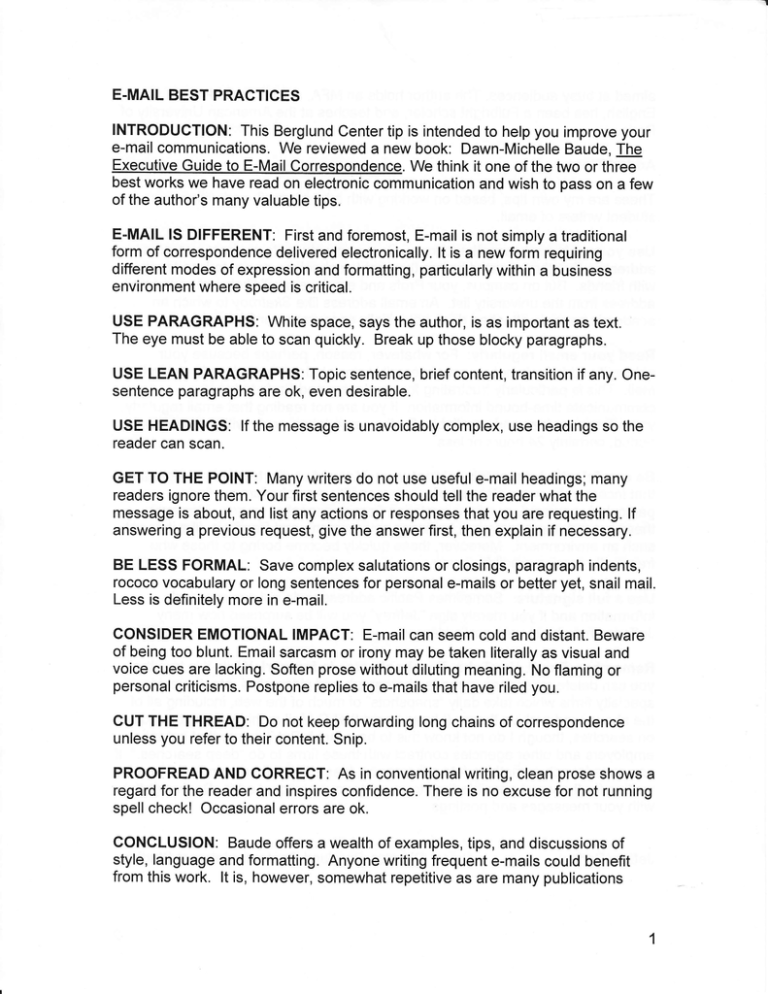


"Post or email" however is harder to pronounce. In everyday colloquial speech, we'd likely say this. This rolls off the tongue, sounding rhythmic, casual, and non-agressive. "Email or post" is pronounced with a dactylic pattern: email or post. "email or X" vs "X or email"īecause of the way that we are naturally inclined to organise stress in English speech, "email or post" and "email or postal mail" sound more fluent than "post or email" and "postal mail or email".

"postal mail and email" is a great solution. are you sure your readers will appreciate the poetical surprise? Or even be reading slowly enough to notice "postal mail" is an option in the first place?Īny solution which uses a "post" qualifier to contrast from the "e-" qualifier in "email" would suit far better than just "mail", so e.g. or a deluxe ACME-pro gaming chair?" But it is a stylistic decision that has to be intentionally made, and in "mail or email". To betray this expectation is a poetic technique, so it's not necessarily incorrect to say "hey, would you rather sit in a chair. Even though "carriage" can normally be used alone for exactly the same meaning, in juxtaposing cases like these it's expected to add the qualifier explicitly: "would you prefer to be seated in a normal carriage or a club carriage?" "Would you prefer to be seated in a carriage or a club carriage?" is very weird. Perhaps this idiomatic pattern has arisen from generations of writers intentionally disambiguating the two sides. "Mail or email" is also weird, and that's for English in general - not just British English! In these kinds of contrast-patterns, readers expect like-nouns (in this case "mail") to have contrasting qualifiers. Not just because they are so similar morphologically, which makes it hard to distinguish them in the first place, but also because of their native languages: romance languages seem to slowly be giving up on distinguishing between "mail" and "email" (even more so than English) and "post" is a germanic word, so German natives, Dutch natives, etc., will find anything containing "post" easier to notice and understand than when it doesn't appear. "Post" is the word that we use in everyday speech to specify postal mail.įor Europeans who have learnt English, "mail" would be very easily confused for "email". In British English, which the OP is asking about, "mail" is already weird. "Mail or email" is not a good solution in my opinion (for British and European English speakers). Most formal British English: postal mail or email.īest for germanic language natives: email or post.īest for British and trans-European English: email or postal mail. Most natural British English: email or post. According to the reasons I outline in this answer, the best options seem to be:


 0 kommentar(er)
0 kommentar(er)
